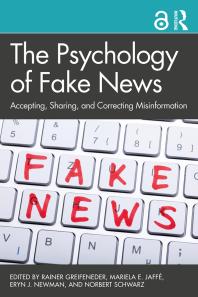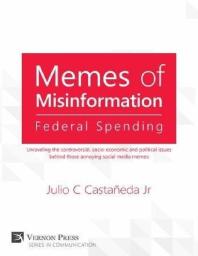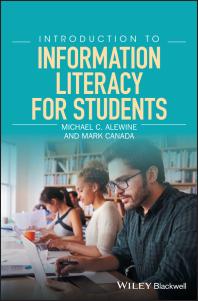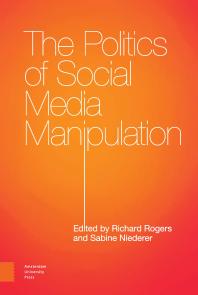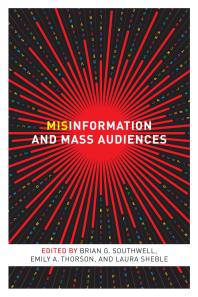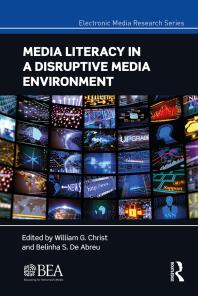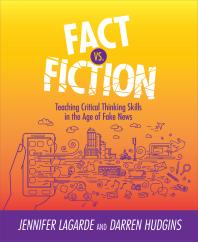The Problem of Fake News
How fake news does real harm, Stephanie Busari
-
How Fake News Goes Viral, A Case StudySapne Maheshwari, New York Times
How to Evaluate News Stories
Evaluate the Following:
Headlines: Headlines accurately represent the substance of articles, with minimally emotional language (recognizing that their purpose is as much marketing as informational).
Publication Credibility: The article is on a site published by an organization with a searchable identity and history, written by an author with a searchable identity and history, and conforms to a particular online genre of news publication (blog, citizen journalism, etc) or classic news genre (editorial, straight reporting, photo-essay, etc.).
Basic Facts: The basic information (who, what, when, where, why & how) is clear within the first few sentences, is supported with evidence, and can be confirmed in other news outlets.
Evidence: Articles consistently identify sources for information with names and/or links, and sources are credible, appropriate, and multiple. All reported facts, unless widely known, are verified with sources. It is also clear that reporting reflects skeptical pursuit of knowledge, not just relaying source information at face value. Facts are not cherry-picked to support a particular point.
Bias: The publication is transparent about its publication and editorial processes: publication, funding, and editorial staff information is easily available, and editorial guidelines are clear and consistent. Biases are openly acknowledged, and retractions or corrections are issued when details are reported inaccurately.
[Chart from News Know-How:Pause Before You Click, Boston College Libraries with permission.]
See also:
-
A Finder's Guide to FactsSteven Inskeep, NPR
-
"Fake News," Lies and Propaganda: How to Sort Fact from FictionUniversity of Michigan Library
Need Help?
Making Sense of Numbers in the News
Fact Checkers
-
FactCheck.orgAnnenberg Public Policy Center, University of Pennsylvania.
-
Fact CheckerThe Washington Post
-
Center for Responsive Politics (opensecrets.org)An action-oriented research organization that provides data and written analysis on the effect of interest groups on elections and policy.
-
PolitiFactFact-check statements made by politicians. Click on the truth-o-meter, located in the top menu bar of the page, to browse by subject. Or scroll to the Browse the Truth-O-Meter section on the right hand side of the page to search by person. Tampa Bay Times.
-
Project Vote SmartContains candidate biographies, voting records, issue positions, public statements, campaign finance and interest group ratings for federal and state elections.
-
SnopesThe "largest fact-checking site on the Internet" [About Snopes.com]. Created by David Mikkelson.
Find international fact-checking sites:


